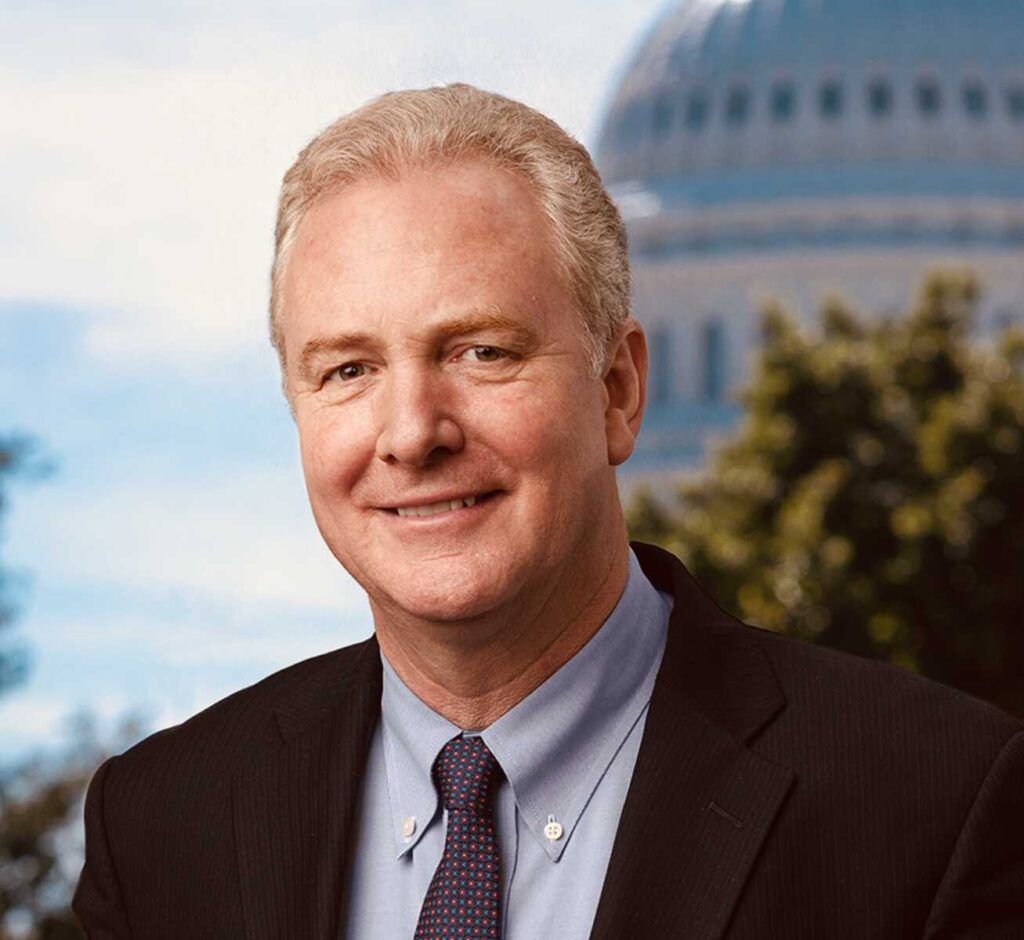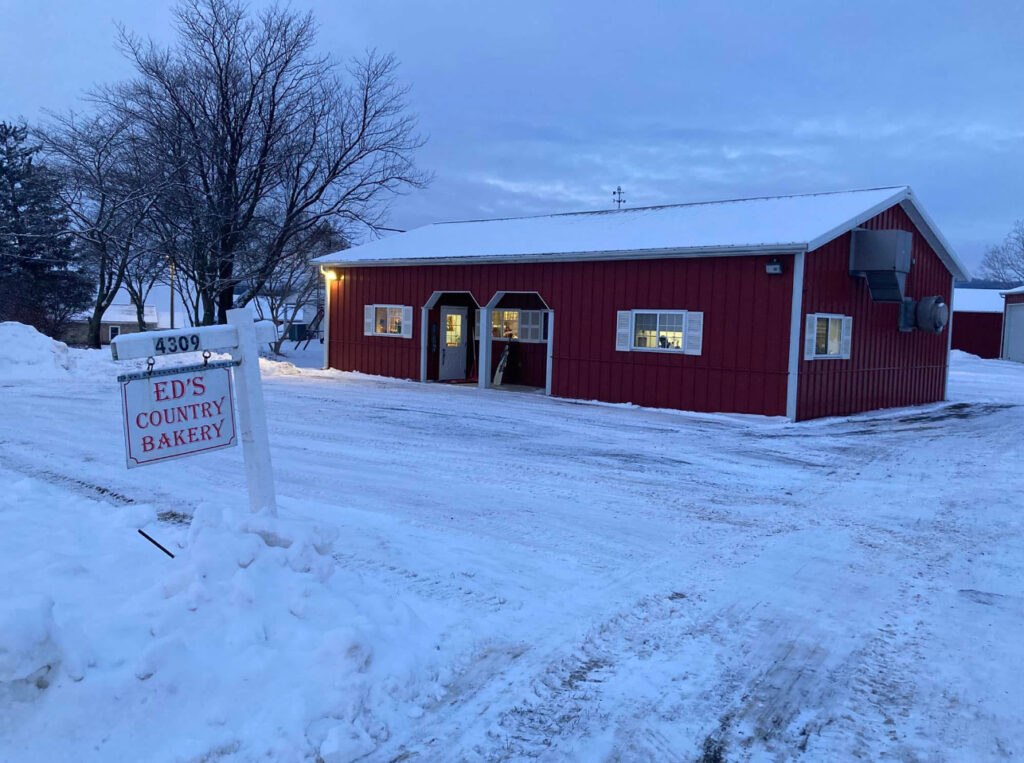Attorney General Brown joined a coalition of 14 attorneys general in filing an amicus brief opposing the Department of Homeland Security’s decision to terminate Temporary Protected Status for immigrants from Honduras, Nepal, and Nicaragua, citing humanitarian and economic concerns.
Per the news release distributed on Monday, July 21: “Attorney General Brown joined a coalition of 14 attorneys general in opposing the Department of Homeland Security’s (DHS) unlawful and baseless attempt to strip Temporary Protected Status (TPS) from Honduran, Nepali, and Nicaraguan immigrants. The TPS program is a critical humanitarian lifeline established by Congress in 1990 that protects immigrants from being returned to countries that have been deemed unsafe, allowing them to work and build a life in the United States.
In an amicus brief filed in
National TPS Alliance v. Noem
, the coalition highlights the devastating economic and humanitarian consequences of ending these TPS protections and urges the court to postpone the proposed actions.
On June 6, DHS Secretary Kristi Noem moved to terminate Nepal’s designation for TPS protection, revoking TPS for approximately 7,200 Nepali immigrants who have lawfully lived and worked in the United States for more than a decade since the catastrophic 2015 earthquakes. On July 8, Secretary Noem announced DHS would also terminate TPS designations for Honduras and Nicaragua, revoking the status of 51,000 and 2,900 immigrants, respectively.
TPS holders from Honduras and Nicaragua, who were granted TPS status in 1999 due to the devastation left by Hurricane Mitch, have built their lives in the United States for more than 25 years. In total, the three TPS terminations would strip more than 60,000 people of the legal status that has enabled them to participate in and strengthen the civic life and economy of the United States.
“Ending TPS for immigrants from Honduras, Nepal, and Nicaragua would force thousands of Marylanders to choose between abandoning their families or returning to dangerous conditions in their countries of origin,” said Attorney General Brown. “We stand firmly against the Trump administration’s unlawful actions and urge the court to stop these devastating policy changes that would tear apart communities across our State.”
The attorneys general warn that thousands of families of Honduran, Nepali, and Nicaraguan TPS holders across their states will be profoundly harmed if the terminations are not postponed. In 2022, around 68,000 U.S. citizens lived with a Honduran TPS holder, approximately 13,000 U.S. citizens lived with a Nicaraguan TPS holder, and approximately 23,000 U.S. citizens lived with a Nepali TPS holder. In total, over 100,000 U.S. citizens lived in mixed-status households with people who are now at risk of losing their legal status, potentially leading to devastating family separations.
Now, TPS holders from these countries face a devastating choice between:
· Returning to their country of origin alone, facing danger and instability, and leaving their families behind;
· Taking their family members, some of whom are American citizens, with them to a dangerous country that they do not know; or
· Staying in the United States and retreating into the shadows, knowing that they cannot work legally and could be ripped from their families at any time.
The attorneys general are urging the court to issue preliminary relief postponing these revocations and protecting immigrants from Honduras, Nepal, and Nicaragua.
Joining Attorney General Brown in filing this brief are the attorneys general of California, Connecticut, Delaware, Hawai‘i, Illinois, Maine, Massachusetts, Minnesota, Nevada, New Jersey, New York, Oregon, Vermont, and the District of Columbia.”











